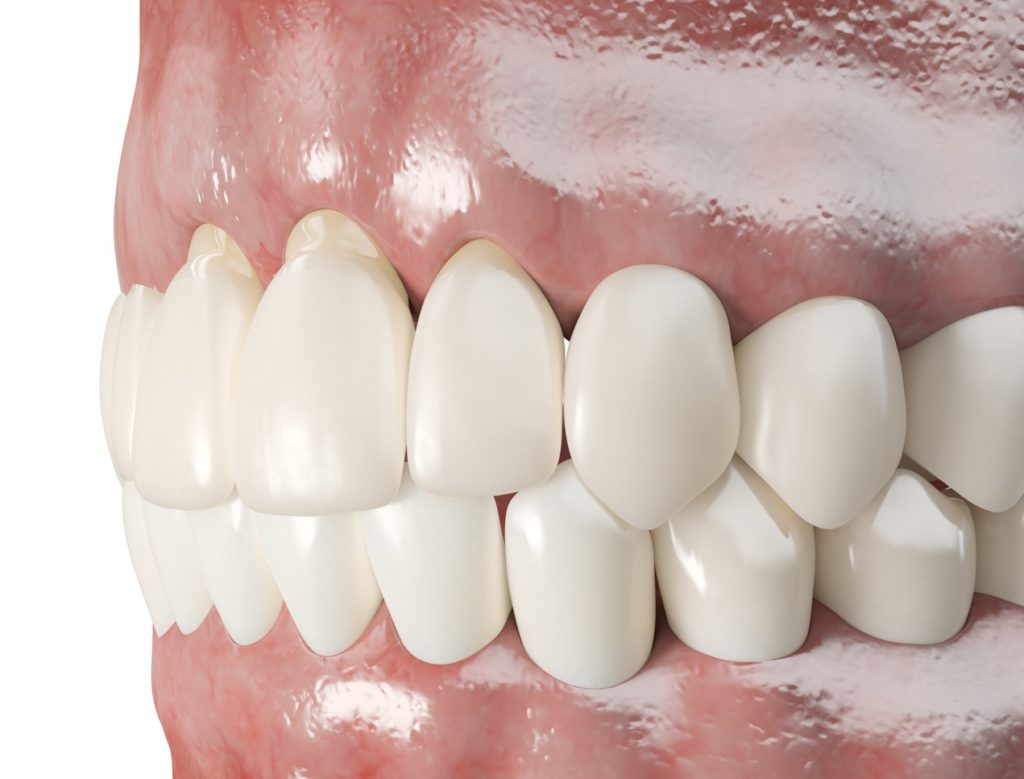Have you noticed that your teeth seem to be getting longer? Feel or look like your gums are swollen or red? If you said “yes” to either of these questions, you probably have gum disease. When gingivitis is caught early, the symptoms can be treated. But as problems like gum recession get worse, you might start to wonder, “Will my gums grow back?” At Forestwood Dental, we discuss what happens when periodontal disease gets bad and what you can do to stop it.
Why do gums start to recede?
The soft tissues around your teeth are meant to fit snugly and protect the more fragile parts of your tooth structure (i.e., the root). When your gums start to pull away from your teeth, it makes your teeth more likely to get infected or be sensitive. But what makes these tissues shrink to begin with?
Most of the time, gum recession happens because:
- Facial trauma
- Bruxism (teeth grinding or clenching)
- You brush or floss your teeth too much or too hard
- You smoke or use chewing tobacco
- Gum disease
Can new gums grow?
If you ask a periodontist if gums that have receded can grow back, they will say no, they can’t. Even though it would be nice if these soft tissues moved back to where they were before treatment, the hard truth is that they won’t. Instead, you and your periodontist will need to come up with a plan that includes surgery to cover the weak parts of your tooth structure with new tissue.
Most of the time, this is done with gum grafting, which involves taking a small piece of tissue from the roof of your mouth and attaching it to your gums. This will cover the exposed parts of the tooth.
Also, your periodontist may need to do a bone graft if you have lost a lot of bone. They may also need to do osseous surgery to reduce the depth of your gum pockets, which can easily trap bad bacteria and spread infection.
How to make sure your gums stay where they should
Even though getting older can cause gum recession (at least in part), there are things you can do to avoid having to get complicated treatment in the future:
- Using a soft-bristled toothbrush for two minutes each morning and night to gently clean your teeth
- If you floss the right way, your soft tissues won’t get hurt
- If you wear a mouthguard to bed, you won’t grind your teeth
- Pursuing cessation resources to quit smoking
- Don’t use your teeth to try to open things
- Using a mouthwash that kills germs
- Visiting the dentist every six months for a check-up and cleaning
One bad thing that can happen because of periodontal disease is receding gums. These tips will help you keep your gums where they should be so that your smile stays healthy and lasts for years.

